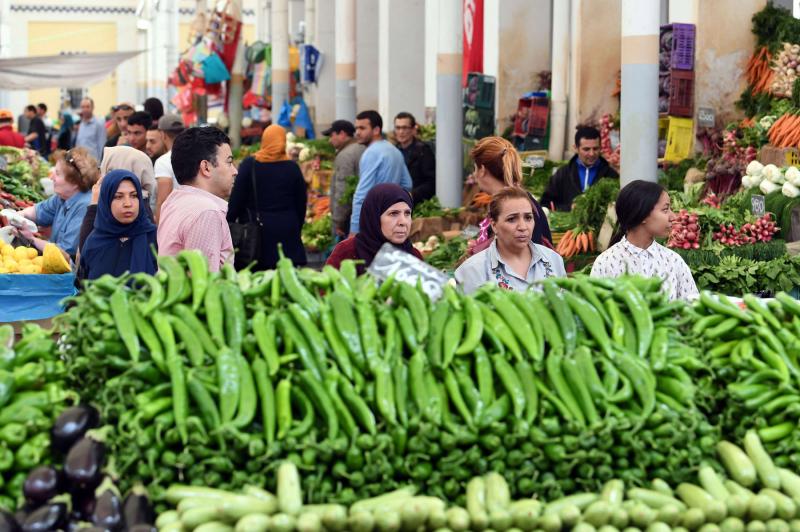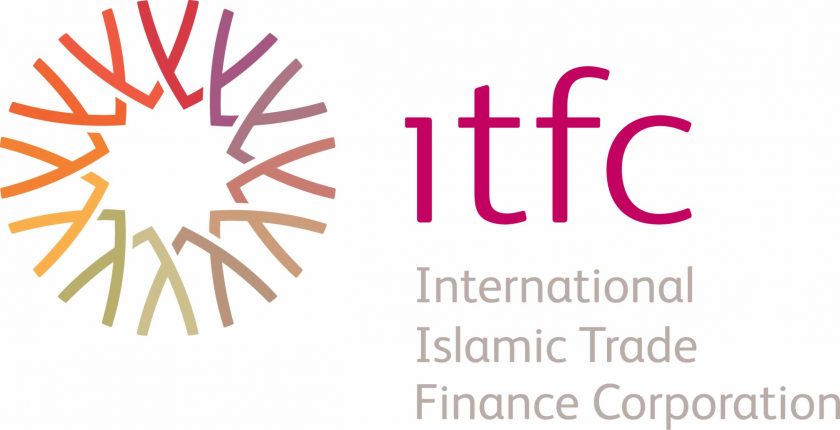The International Monetary Fund (IMF) allocated a $249 million loan instalment to Tunisia after endorsing its progress in implementing difficult economic reforms. The approved payment is the fourth tranche of a 4-year, $2.8 billion loan tied to sweeping changes aimed at keeping Tunisia’s deficit under control.
The Tunisian economy took a hit following the 2011 ouster of former President Zine el-Abidine Ben Ali, which led to widespread social unrest, particularly in rural and interior areas.
Since then, eight different governments have been unable to cut the country’s budget deficit or address key social concerns, such as unemployment, inflation and a weakened currency. The governments have struggled to balance budgetary concerns with demands from the main trade union, which says wage hikes are needed to offset price increases.
This year alone, Tunisia needs at least $3 billion in foreign loans to finance its budget.
The IMF’s executive board wrapped up its third review of Tunisia’s economic reform programme on July 6, approving a $249 million instalment for the country, bringing its total disbursement to $1.14 billion. The IMF said in a statement that “growth picked up in early 2018 and confidence has improved,” but “macroeconomic imbalances persist.”
“Unemployment has dropped only marginally, inflation is high, the budget and current account deficits are large, and international reserves are below the recommended level,” the IMF said.
Inflation rose to 7.8% at the end of June, up from 7.7% in May and April, the government-run National Institute of Statistics said.
“Policy and reform implementation has improved markedly since the second review,” the IMF said. “The Tunisian authorities remain firmly committed to a socially-balanced, gradual approach to macroeconomic adjustment.”
“The success of the authorities’ programme depends on sustained efforts to reduce macroeconomic vulnerabilities, ensure adequate social protection and foster job creation,” it added, noting that this year’s policy priorities would be “stronger revenue collection, energy price adjustments to limit the impact of international oil prices on the budget, voluntary separations for civil servants, the absence of new wage increases, unless growth surprises on the upside, and pension reform.”
“The recent significant hike in the policy interest rate demonstrates the central bank’s strong commitment to price stability. Further rate hikes may be needed if inflation does not decelerate, especially as key interest rates remain negative in real terms,” the IMF said.
The Central Bank of Tunisia raised its key interest rate to 5.75% from 5% in March to rein in inflation, which was at its highest level since 1990.
That was the first increase approved by the country’s Central Bank Governor Marouane El Abassi, who pledged after his appointment was approved by parliament in February to take “extraordinary measures” to end the country’s economic crisis and reduce inflation.
The interest rate hike came after the country’s annual inflation rate shot to 7.1% in February from 6.9% in January, its highest level in nearly 28 years, official figures indicated.
The Central Bank raised its key interest rate from 4.75% to 5% in May 2017 to protect the country’s faltering dinar, which has hit historic lows against the euro and the US dollar.
“Exchange rate flexibility, supported by more competitive central bank foreign exchange auctions, is critical to help improve the current account position and rebuild international reserves,” the IMF said in its review.
“Strong implementation of the authorities’ programme is essential to mitigate economic, social and political risks. Building on the strong partnership with the international donor community, it will be important to sustain strong donor financial support and capacity building to help ensure a successful transition to an economy that fosters inclusive growth with the private sector as its main engine,” it added.
The IMF’s recent loan approval is crucial for Tunisian officials, sending positive signals to the country’s economic partners and lenders.
“The disbursement of the fourth instalment of the IMF loan is not important by itself but it is significant as it sends a message to reassure lenders and investors about the economic recovery,” Abassi said on July 12. “We expect Tunisia’s economy to grow by 3% for the third quarter of this year.
“The important aspect of this growth is that the increase is coming from productive sectors mainly phosphate and manufacturing industries as well as revival of the tourism business.”
Officials from eight banks and financial institution accompanying an EU delegation visiting Tunisia on July 12 pledged $6.4 billion in loans and grants, $2.9 billion of which is to be disbursed in the next two years, Tunisian officials said.




